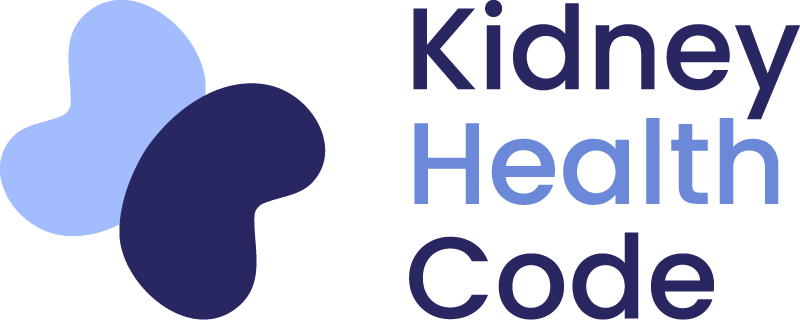About Kidney Health
Kidney Therapies


Role of the Nephrologist
A nephrologist is a doctor specialized in kidney health. They:
- Diagnose and treat kidney diseases (nephropathies)
- Coordinate care with other doctors (e.g. cardiologists, diabetologists)
- Oversee dialysis and kidney transplants
- Often treat high blood pressure (hypertension)
Connection with Cardiology
Kidney disease and heart disease often occur together. Both organs work as a team:
- Heart: pumps blood through the body
- Kidneys: filter blood, manage salt/water, remove waste
🩺 1 out of every 5 litres of blood pumped by the heart goes to the kidneys.
If the heart can’t pump enough, the kidneys get less blood and try to retain fluid—putting more strain on the heart. This vicious cycle is called cardiorenal syndrome (also linked to diabetes).
Other shared risk factors:
- High blood pressure
- Obesity and diabetes
- Smoking
Heart damage may present as: ischemic disease, arrhythmias, or heart failure.
Slowing CKD Progression
Because CKD symptoms often appear only in stage 4, early detection is crucial. Monitor:
- Serum creatinine (to estimate GFR)
- Urine albumin levels (albuminuria)
Treatments
Previously, only lifestyle changes and blood pressure control (e.g., ACE inhibitors) were used.
Now, new drugs can delay CKD progression and protect the heart, even without diabetes:
- SGLT2 inhibitors: increase sugar and salt excretion; lower BP and weight; protect kidneys
- nsMRA (non-steroidal mineralocorticoid receptor antagonists): reduce heart/kidney damage in diabetic CKD
- GLP1 receptor agonists (from 2025): reduce kidney disease progression, cardiovascular events, and weight
📌 These drugs can delay dialysis for up to 27 years if started early (even with normal GFR but raised albuminuria).
Other targeted therapies exist for rare kidney diseases, including specific genetic and immune-related types.
Kidney Replacement Therapy (KRT)
When CKD progresses to kidney failure, KRT is needed to survive. Options include:
- Kidney Transplantation (best outcomes—pre-emptive & from a living donor)
- Dialysis (if transplant isn’t possible or before one becomes available)
- Conservative care (CCC) for those who opt out or aren’t eligible
Things to Consider for KRT:
- Patient’s preferences and overall health
- Comorbidities and life expectancy
- Quality of life and impact on daily living
- Availability and cost/coverage of treatment
- Family support (e.g. donor availability)


Kidney Transplantation
A transplant offers:
- Best life expectancy and quality of life
- Return to almost normal life
But it’s not a cure. Ongoing:
- Immunosuppressive medication
- Monitoring for graft rejection and possible recurrence of kidney disease
Dialysis
Used when:
- Kidney function is too low
- Transplant is not available or delayed
Types:
- Haemodialysis (HD): done with a machine 3x/week (in hospital or at home)
- Peritoneal Dialysis (PD): daily fluid exchanges using the abdominal lining
Dialysis does not cure CKD, but replaces some kidney functions.
Conservative Care (CCC)
CCC is a holistic, non-dialysis option for advanced CKD, focusing on:
- Comfort and symptom relief
- Maintaining quality of life
- Psychological and spiritual support
Ideal for:
- Frail or elderly patients
- Those choosing quality over longevity
Life Expectancy in CKD
CKD leads to accelerated aging:
- A 55-year-old with moderately reduced kidney function may lose ~7 years of life
- Higher protein loss (albuminuria) further lowers life expectancy
🧬 Even with KRT, full life expectancy is not restored.
Get In Touch
Contact us?


